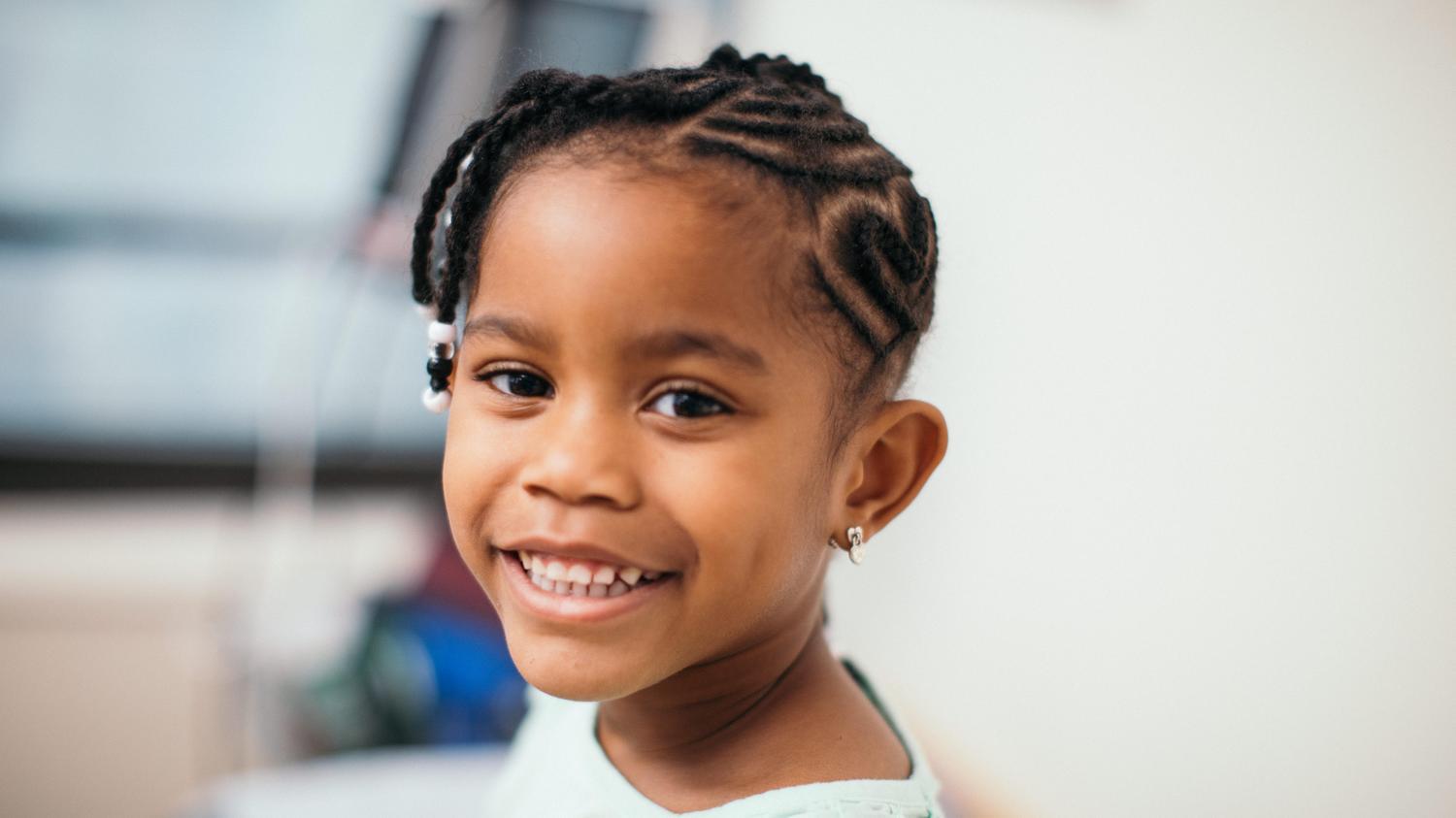
Urinary Stone Program

Children’s National Hospital has one of only a few clinics in the country dedicated to care for children with urinary tract stone diseases.
The Urinary Stone Program brings together a multidisciplinary team of pediatric specialists in Urology, Nephrology and nutrition to treat children affected by a wide range of conditions, including kidney stone, ureteral stones and bladder stones. Our team performs some of the most advanced surgeries available, using minimally invasive robotic procedures to remove stones from patients.
Our Providers
Our pediatric specialists provide personalized care for your child’s physical, mental and emotional health needs.
Contact Information
For appointments, please call 1-888-884-BEAR (2327) and for information, call 202-476-5042.
Understanding Urinary Stones
Urinary stones, generally composed of minerals like calcium and uric acid, are a common problem for adults but have historically been rare in children. During the past several years, however, they have become increasingly common in young patients — often found in areas with hot climates and dehydration. Children’s National specialists and the pediatric health community are concerned about the dramatic increase in children with stones because, among other complications, they can be extremely painful and adversely affect a child’s urinary tract health.
Education is Key to Stone Prevention
The Children’s National Urinary Stone Program emphasizes education for kids and their families about risk factors for kidney stone formation, because knowing how to minimize their risk is the best way to prevent them.
Because the condition affects every child differently, one of the clinic’s nephrologists meets with you and your child to go over the individual dietary and lifestyle factors that contributed to the condition and explains how to prevent future stones, often emphasizing staying well-hydrated. The nephrologist’s comprehensive evaluation includes a detailed history, nutritional evaluation and analysis of urine and blood to identify the most pertinent risk factors contributing to stone formation in each individual patient.
Treatments
Some children may require surgery or a series of procedures to treat stones entirely—the vast majority of whom can go home the same day. Advanced treatments include:
- Cystoscopy: Examines the bladder through the urethra using a thin camera called a cystoscope.
- Ureteroscopy: Removes small stones by threading a long, thin, flexible tube (ureteroscope) to the site of the stone and using tiny tools to break it up so it can pass with urine
- Holmium-laser lithotripsy: Inserts a scope with a flexible laser that, when activated at the site of the stone, breaks it up into smaller pieces that can pass with urine
- Percutaneous nephrostolithotomy (PCNL): Removes large kidney stones by making a small surgical incision in the back.
- Open pyelolithotomy or ureterolithotomy: Surgically removes large stones from the kidney or tube between kidney and bladder through an incision
- Laparoscopic or robotic pyelolithotomy or ureterolithotomy: Minimally invasive procedure that removes large stones from the tube connecting the kidney to the bladder (renal pelvis or ureter) through tiny incisions without the need for open surgery

Advice From Our Experts
Want advice on raising healthy, happy kids? The experts at Children's National are here for you! Get reliable advice from trusted doctors on the Rise and Shine blog. We're sharing our knowledge on everything from children's health to practical parenting tips.

Locations

Main Hospital
- Specialty Care
- Emergency Care




